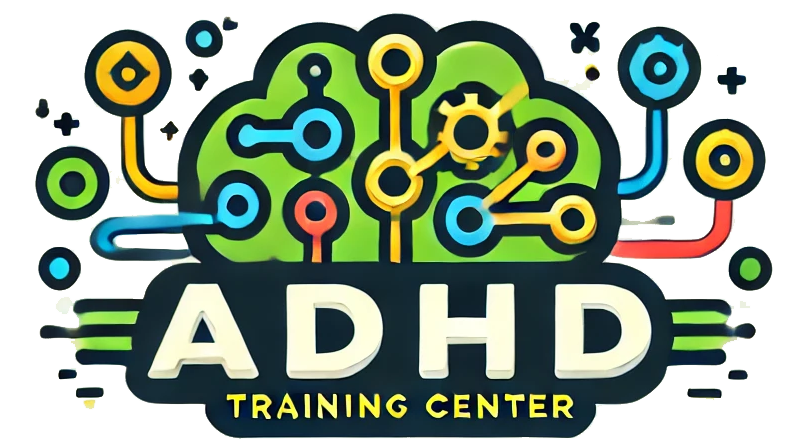This week is “OCD Awareness Week.” It is a time when we, as a society, try to bring more attention to obsessive compulsive disorder and its symptoms, helping others truly understand what OCD is, how it works, what it means, and more.
At ADHD Training Center, we like to bring awareness to conditions that have an effect on those with ADHD. Today, let’s talk about OCD as it relates to attention deficit/hyperactivity disorder. There are many links there from many different directions, and it might be useful to be aware of these connections to better understand your symptoms, treatments, and other connections for you or someone you care about.
Connections Between ADHD and OCD
Research shows that while ADHD and OCD are separate conditions, they can, and often do, overlap. When they occur together, they can affect how a person thinks, feels, and responds to the world around them.
ADHD affects a person’s ability to regulate attention and behavior. It can make it difficult to sustain focus, organize tasks, or control impulses. OCD, on the other hand, is characterized by unwanted intrusive thoughts (obsessions) and repetitive behaviors or mental rituals (compulsions) meant to reduce anxiety.
Yet despite their differences, both share a key feature: difficulty with regulation. In ADHD, that dysregulation centers on attention and activity. In OCD, it centers on thought and anxiety.
For someone with both ADHD and OCD, this can create conflicting experiences. The impulsivity and distractibility of ADHD can make it harder to resist compulsive behaviors, while the obsessive, rigid thinking patterns of OCD can make it difficult to adapt or move on from unfinished tasks. The mind feels pulled in two directions — one seeking order, the other resisting structure.
How ADHD and OCD Interact
When ADHD and OCD occur together, the symptoms often influence each other in subtle but powerful ways:
- Focus and Attention – A person with ADHD may hyperfocus on intrusive thoughts or compulsive behaviors, amplifying the OCD experience.
- Impulsivity and Compulsions – Impulsivity can make it harder to resist performing compulsions, even when the person recognizes they are irrational.
- Anxiety and Executive Function – OCD-related anxiety can interfere with planning, organization, and motivation — areas already affected by ADHD.
- Emotional Distress – Both conditions can lead to frustration, shame, and exhaustion from feeling unable to control one’s thoughts or actions.
This combination can also complicate diagnosis. For example, what looks like “inattention” might actually be distraction caused by obsessive thinking. Likewise, repetitive checking behaviors might be mistaken for ADHD-related restlessness. Careful evaluation is often needed to separate what belongs to which condition and how they interact.
Treatment Considerations
Treatment typically needs to address both conditions at once. Stimulant medication may help with focus and impulse control, while cognitive behavioral therapy (CBT) and exposure and response prevention (ERP) can reduce the power of obsessive thoughts and compulsions. Therapists often help patients distinguish between “OCD thinking” and “ADHD thinking,” teaching strategies for managing each in context.
Because both ADHD and OCD involve issues with regulation, many people also benefit from approaches that focus on self-awareness and mindfulness. Learning how to slow down, recognize triggers, and respond with intention rather than habit can help reduce symptoms of both disorders.
Why Understanding the Link Matters
Recognizing the relationship between ADHD and OCD helps people approach their experiences with more clarity and less self-blame. These are both neurobiological conditions, not personal failings. When treated together, individuals can learn to balance their attention, reduce anxiety, and regain confidence in their ability to function and focus.
For those navigating life with ADHD, understanding OCD — and vice versa — opens the door to more effective treatment and a better understanding of how the mind and body work together. It also reminds us that awareness is not just about one condition at a time, but about how different parts of our mental health connect and influence one another.


